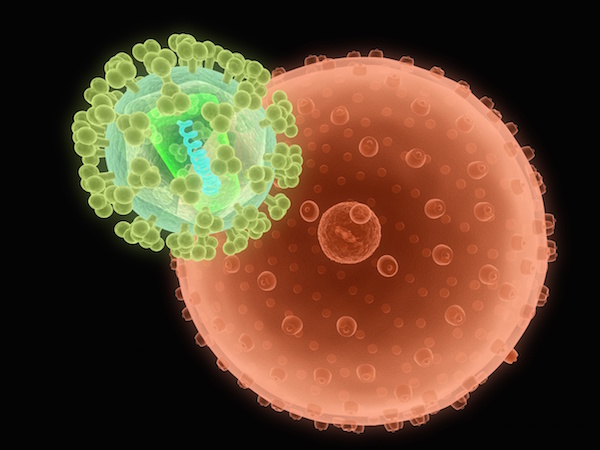
THURSDAY, Dec. 8 (HealthDay News) — Breast cancer survivors carrying specific genetic mutations, known as BRCA1 or BRCA2, have a 10 percent greater risk for developing cancer in their other breast, and the risk rises further when a woman receives her first diagnosis before age 40, new research suggests.
“Our studies show that certain subgroups of women [with this mutation] who have already had cancers are also at risk for developing a second new cancer in their other breast, much more so than survivors who do not carry the mutation,” Alexandra van den Broek, a doctoral candidate at the Netherlands Cancer Institute in Amsterdam, said in a news release from the San Antonio Breast Cancer Symposium.
For the study, the researchers analyzed information on about 5,000 women diagnosed with cancer in one of their breasts. Of these, 4.2 percent were carriers of the BRCA1 or BRCA2 mutation and were followed for about eight years on average. The investigators found that 8.6 percent of these women developed cancer in their other breast.
Overall, the 10-year risk of developing this new cancer among women who did not carry the mutation was 6 percent compared with 17.9 percent for those who did carry the mutation, the study revealed.
The 10-year risk jumped to 26 percent among carriers who were diagnosed with their first breast cancer before the age of 40 years. For women diagnosed between ages 40 and 50, the risk was 11.6 percent.
Women who carried the BRCA mutation and whose first tumor was “triple-negative” had a new-cancer risk of 19 percent within the next 10 years, compared with 11 percent for other women with the BRCA mutation. A triple-negative tumor is one that has none of the three receptors — estrogen receptors, progesterone receptors and human epidermal growth factor receptor 2 (HER2) — that occur in most breast cancers.
“Guidelines for prophylactic measures and screening in the follow-up of patients with breast cancer carrying the BRCA1 or BRCA2 mutation are important to provide patients with the best information and counseling,” van den Broek said in the release. “If these results are confirmed, [it will be] possible to personalize the guidelines for these specific subgroups.”
The study is slated for presentation Thursday at the 2011 San Antonio Breast Cancer Symposium. Data and conclusions of this study should be viewed as preliminary until published in a peer-reviewed journal.
More information
The U.S. National Cancer Institute has more about BRCA1 and BRCA2.

